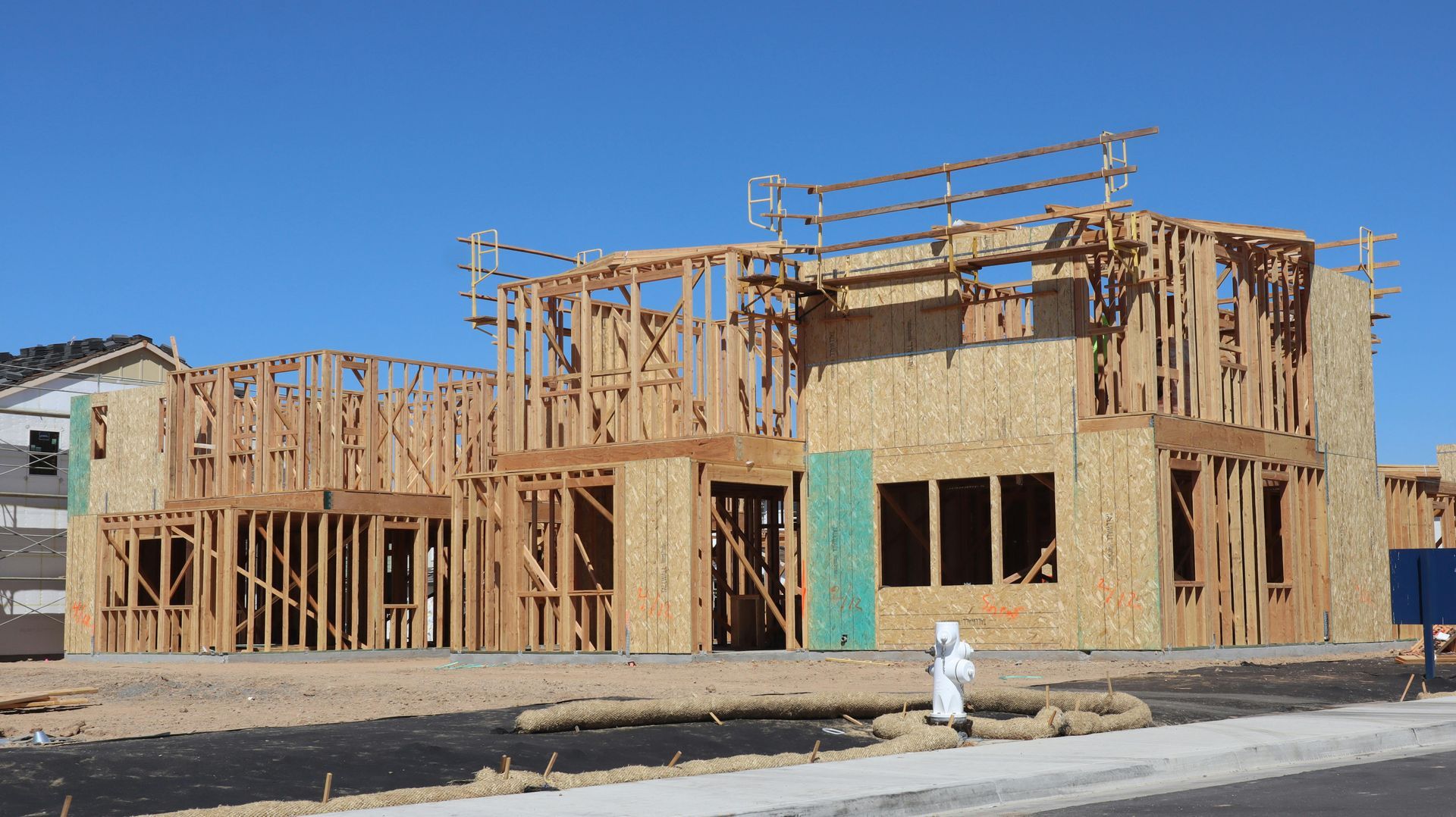SBA Announces Changes to EIDL Loans and Advance Grants
LOUISIANA REALTORS • April 14, 2020
Source: https://www.nar.realtor/political-advocacy/coronavirus-sba-cares-act-faqs
A SBA Economic Injury Disaster Loan is a low-interest loan for small businesses that experience economic hardship as the result of a declared disaster, including the COVID-19 pandemic.
The limit on these loans was originally $2 million, with a $10,000 advance which would be distributed within 3 days of application. The $10,000 would be forgivable if utilized for proper purposes.
However, the SBA recently announced a change to how it will administer EIDLs and the advance grants. In order to meet the high demand and provide funds to the greatest number of applicants, the SBA is reducing the cap on the loans from $2 million to $15,000, and the advance grants will be $1,000 per employee, capped at $10,000.
EIDL loans can still be used to provide paid sick leave to employees unable to work due to COVID-19, maintaining payroll, meeting increased costs due to supply chain disruptions, rent or mortgage payments, and repaying debt obligations. As of Tuesday, April 14, 2020, at 12:50 p.m., it is still our understanding that the advance grant is forgivable.
NAR has expressed concern that this dramatic change in the implementation of the programs will reduce their usefulness for many small businesses and disproportionately impact independent contractors who do not have employees. NAR has voiced this concern to Congress and urged them to provide additional funding to the SBA loan programs in future COVID-19 relief bills to ensure that the programs can provide adequate funding and assistance to businesses in need during the crisis.
As conditions continue to change, Louisiana REALTORS® will confirm these changes and update this site. We encourage you also to visit nar.realtor for updates.

As previewed last week, NAR is pleased to share the latest consumer guide focused on buying land and building a new home. This guide covers how to find land for sale, explains construction loans, and weighs the pros and cons of building a custom home. As a reminder, all guides in this series are available for download—in both English and Spanish—on facts.realtor . Please allow a few days for the Spanish version of the latest resource to be translated and uploaded. For ease of reference, below is a list of the most recent guides: NEW: Buying Land and Building a New Home Deeds and Titles Alternative Listing Options Navigating Multiple Offers Homeowners Associations Thank you for continuing to engage with the “Consumer Guide” series and for sharing the resources with prospective clients to ensure they have the information they need to find success in their homebuying or selling journey. Remember that these guides are for informational purposes only and are not meant to enact or change any existing NAR policy. Be on the lookout for next week’s guide on Wednesday, which will cover property title theft.

As previewed last week, NAR is pleased to share the latest consumer guide focused on deeds and titles. This guide covers the difference between a deed and a title, common types of deeds, and title searches and insurance. As a reminder, all guides in this series are available for download—in both English and Spanish—on facts.realtor . Please allow a few days for the Spanish version of the latest resource to be translated and uploaded. For ease of reference, below is a list of the most recent guides: NEW: Deeds and Titles Alternative Listing Options Navigating Multiple Offers Homeowners Associations Marketing Your Home Thank you for continuing to engage with the “Consumer Guide” series and for sharing the resources with prospective clients to ensure they have the information they need to find success in their homebuying or selling journey. Remember that these guides are for informational purposes only and are not meant to enact or change any existing NAR policy. Be on the lookout for next week’s guide on Wednesday, which will cover buying land / constructing a new home.


